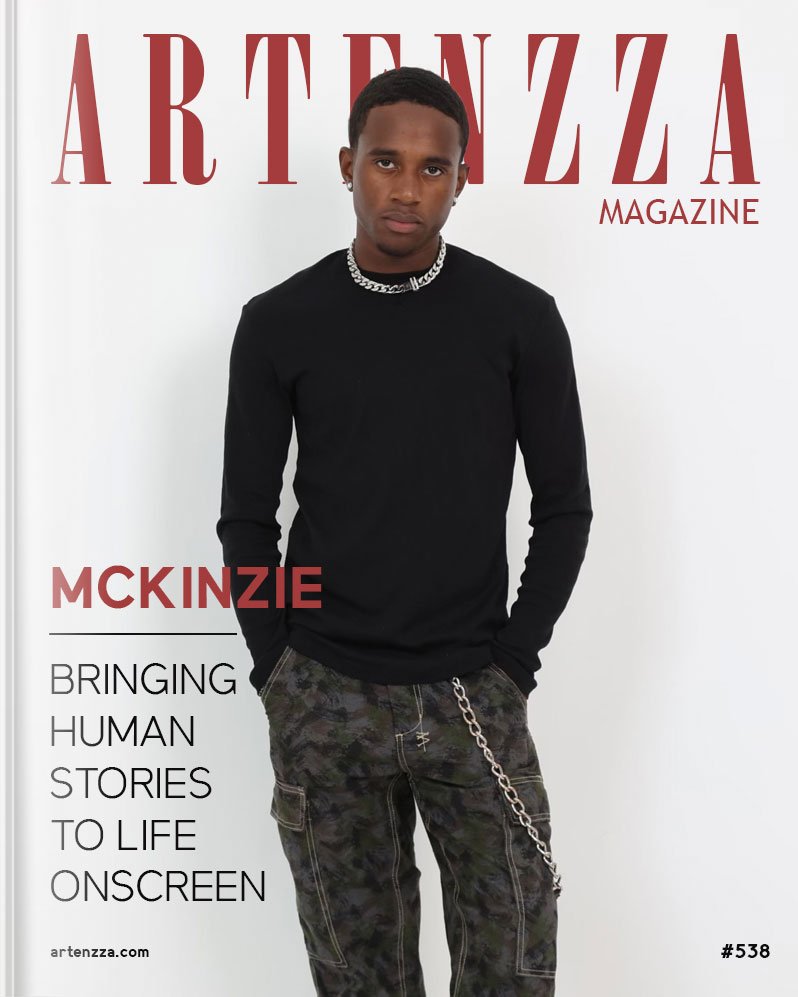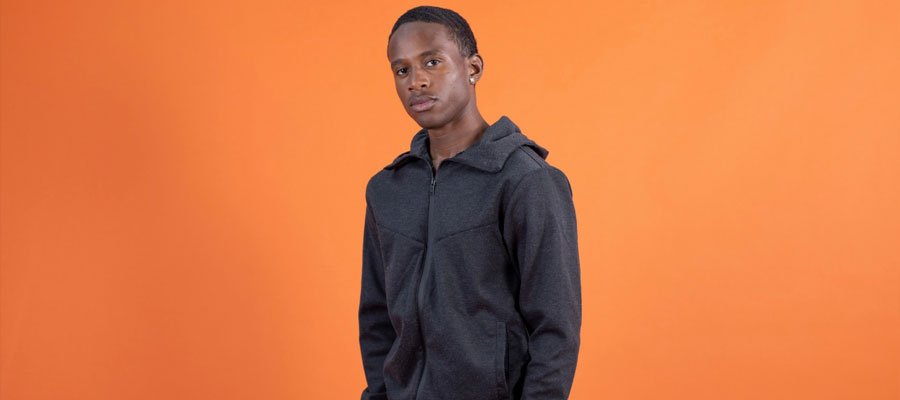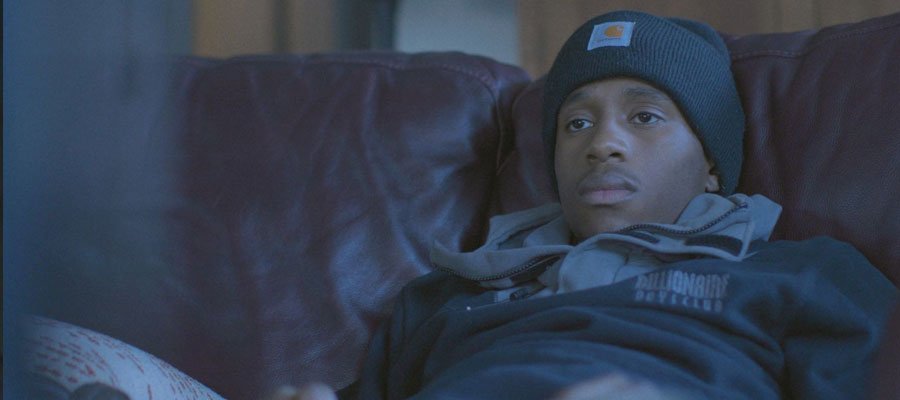McKinzie

Actor, Producer & Singer
About
McKinzie J. Scott is a versatile actor, producer, and singer from New York City, known for his dedication to storytelling that reflects authentic human experiences. He began his artistic journey at the Professional Performing Arts School in Midtown Manhattan, where he studied drama and developed the foundation for his career in the entertainment industry.
Building his path in both film and television, Scott has continually gravitated toward projects that highlight emotional depth and social relevance. His work reflects a passion for bringing real human stories to life, offering audiences performances that are both compelling and thought-provoking.
With his background in acting, producing, and singing, McKinzie J. Scott embodies the spirit of a multi-talented artist who seeks to create meaningful connections through art. His trajectory illustrates not only his versatility but also his commitment to using creativity as a way to explore the complexity of the human experience.
Building his path in both film and television, Scott has continually gravitated toward projects that highlight emotional depth and social relevance. His work reflects a passion for bringing real human stories to life, offering audiences performances that are both compelling and thought-provoking.
With his background in acting, producing, and singing, McKinzie J. Scott embodies the spirit of a multi-talented artist who seeks to create meaningful connections through art. His trajectory illustrates not only his versatility but also his commitment to using creativity as a way to explore the complexity of the human experience.
"Bringing human stories to life onscreen"

Interview
You’ve been receiving a lot of critical praise for your performance in Manhood. How has it felt to see your work resonate with audiences and critics in this way?
Honestly, it feels amazing. You never really know how people are going to react when something comes out, so seeing the response has been wild. It just makes me grateful that the work connected, because at the end of the day, that’s all I hope for that people feel something from it.
Micah is a character caught between betrayal, identity, and masculinity. What personal experiences or perspectives did you draw on to bring those layers of vulnerability and strength to life?
I think everyone’s had moments where they feel let down or like they don’t fully fit in. I pulled from some of those experiences, but I also just tried to be honest in the moment. Micah’s whole journey with masculinity hit close, because I’ve seen how that pressure plays out in real life. I wanted to make sure it felt real, not forced.
Film Threat described your performance as a “nuanced exploration,” while High on Films highlighted the authenticity you bring. When you hear words like that, how do you process them as an actor?
It’s flattering, for sure, but I don’t sit with it too long. I’m just happy people see the work the way I hoped it would land. For me, it’s less about the praise and more about knowing I gave the character everything I could.
You seem to gravitate toward roles with emotional depth and social relevance. What guides you when you’re choosing a project?
I just ask myself if the story feels real and if I can actually add something to it. If it’s got some weight to it, or it touches on things people don’t always talk about, that’s what draws me in. I like roles that challenge me and hopefully say something bigger.
Your upcoming film Boy Heart Man Soul also explores identity and relationships. How does this role differ from Micah, and what excites you most about it?
Micah’s story was heavy, about survival and trying to find his place. This new role is a little softer it’s more about love, connection, and figuring yourself out in a different way. I’m excited because it lets me show another side of myself as an actor.
Looking back at your earlier work from Hulu’s Right to Remain Silent to HBO’s The Gilded Age. How do you see your growth as an actor between then and now?
Back then, I was just focused on not messing up making sure I hit the lines and did what was expected. Now I feel freer. I trust myself more, I take more risks, and I’m not afraid of those messy, imperfect moments. That’s where the truth usually is.
Independent cinema is leaning more toward authenticity and socially resonant stories. Do you feel that’s shaping the kinds of opportunities you’re drawn to or even creating space for actors like you to thrive?
Definitely. Indie films are where the raw, honest stories are right now. It’s less about the flashy stuff and more about showing real people. That’s the kind of space I feel comfortable in, because I don’t have to fit into some box I can just bring myself to the role.
Having trained at PPAS, what lessons from that time still influence the way you approach your craft today?
PPAS taught me discipline, for sure. It’s where I learned that talent isn’t enough you’ve gotta put the work in, be prepared, and respect the process. That mindset still sticks with me every time I’m on set.
Many of your characters wrestle with complex emotional landscapes. How do you take care of yourself while carrying those heavy themes on screen?
I’ve learned how to separate myself from the character. When I’m working, I go all in, but once the cameras stop, I have to let it go. I’ll work out, play music, hang with people I love things that remind me who I am outside of the role.
With Manhood gaining momentum and more projects ahead, what kind of stories or characters do you hope to explore in the future?
I want to keep diving into complicated characters the ones who aren’t perfect, who are figuring themselves out. I’d love to try more psychological stuff too, or period pieces. But overall, I just want to tell stories that stick with people after the credits roll.

Projects
Do you want to know more? You can find some projects below.
Spotify Playlist
